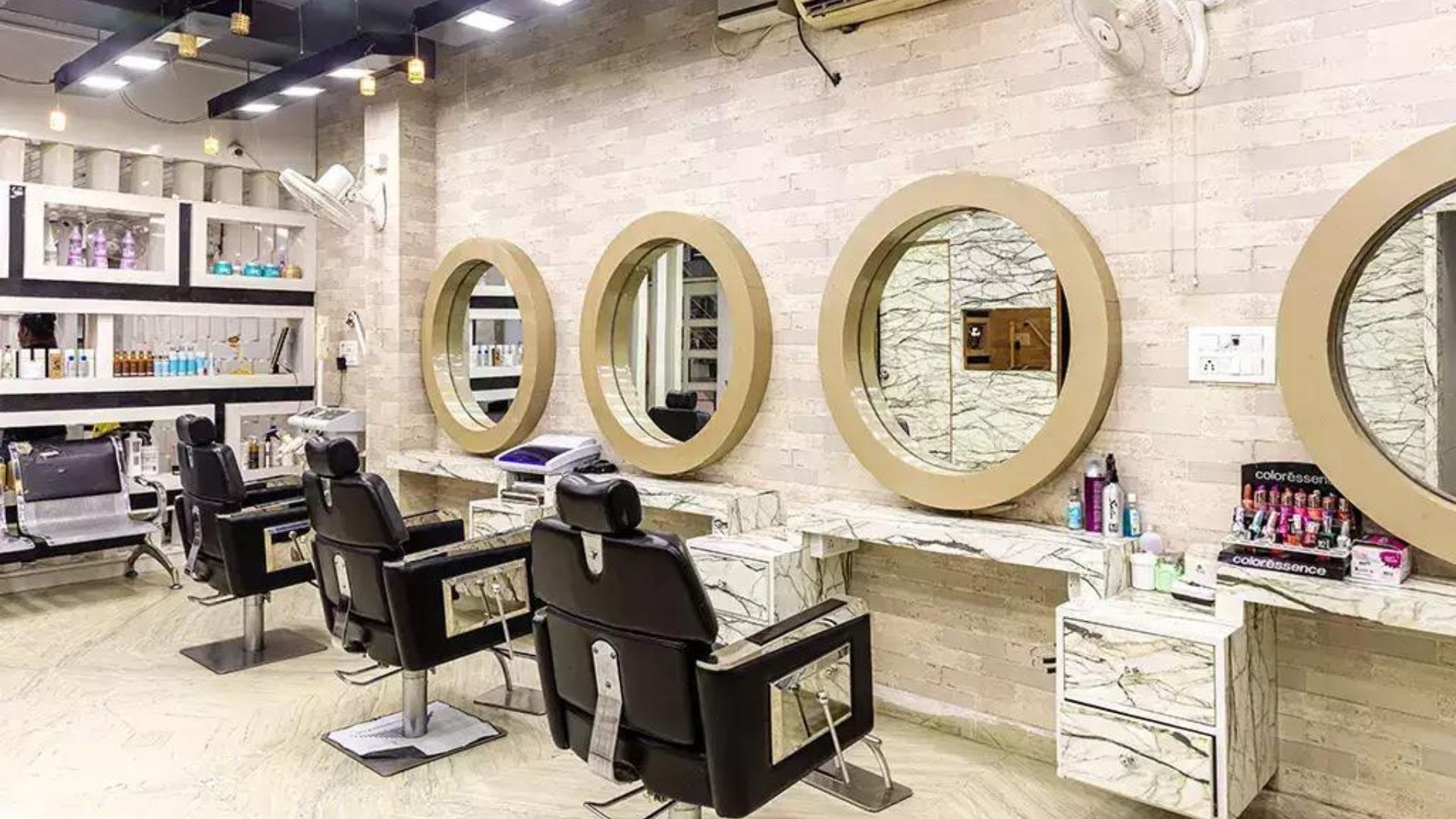A 26-year-old woman, previously in good health, suffered kidney damage after undergoing hair-straightening procedures at a salon. She visited the salon in June 2020, April 2021, and July 2022, experiencing symptoms like vomiting, diarrhea, fever, and back pain after each visit.
Additionally, she noted experiencing a burning sensation on her scalp during the hair treatment, followed by the development of ulcers on her head soon after.
The medical professionals, who documented the case in The New England Journal of Medicine, detected elevated levels of creatinine in her blood, indicating impaired kidney function.
Blood was present in her urine, yet there were no indications of infection, and a computed tomography (CT) scan revealed that her urinary system, comprising the kidneys, bladder, ureters, and urethra, was not obstructed.
The woman’s hair underwent treatment using a straightening cream containing glyoxylic acid, believed to be the cause of her scalp burning and subsequent ulceration.
The medical practitioners involved in the recent case conducted a laboratory experiment using mice to gain deeper insights into the link between glyoxylic acid and kidney damage.
Drawing from their experiments, the doctors hypothesized that the acid was absorbed through her skin and subsequently reached her kidneys, where it caused damage upon breakdown.
They administered the straightening product utilized at the woman’s salon, containing 10% glyoxylic acid, to the backs of five mice. This process was then replicated using petroleum jelly on another five mice, serving as a control group for comparison.
The minute crystals observed in the urine of mice resembled those found in individuals who inadvertently ingested the hazardous chemical ethylene glycol, commonly found in household or workplace items such as antifreeze.
Mice exposed to the hair product exhibited elevated levels of creatinine in their blood within 28 hours compared to other mice. Additionally, they displayed significant accumulation of calcium oxalate monohydrate in their kidneys, a phenomenon not observed in mice given petroleum jelly.
The woman’s kidneys recovering relatively quickly after each salon visit, it appears that the effects were temporary for her.
However, the medical professionals managing her case view it as a cautionary tale regarding the potential hazards associated with the use of glyoxylic acid in hair-straightening or smoothing products. They advocate for these products to be “avoided” and potentially “discontinued from the market.”
In recent times, glyoxylic acid has emerged as a purportedly safer substitute for formaldehyde in hair-straightening products.
Nonetheless, anecdotal evidence hints at a possible association between these products and kidney ailments.
A recent examination of 26 individuals in Israel diagnosed with kidney injury revealed that certain participants had utilized products containing derivatives of glycolic acid, a compound metabolized into glyoxylic acid in the liver.














